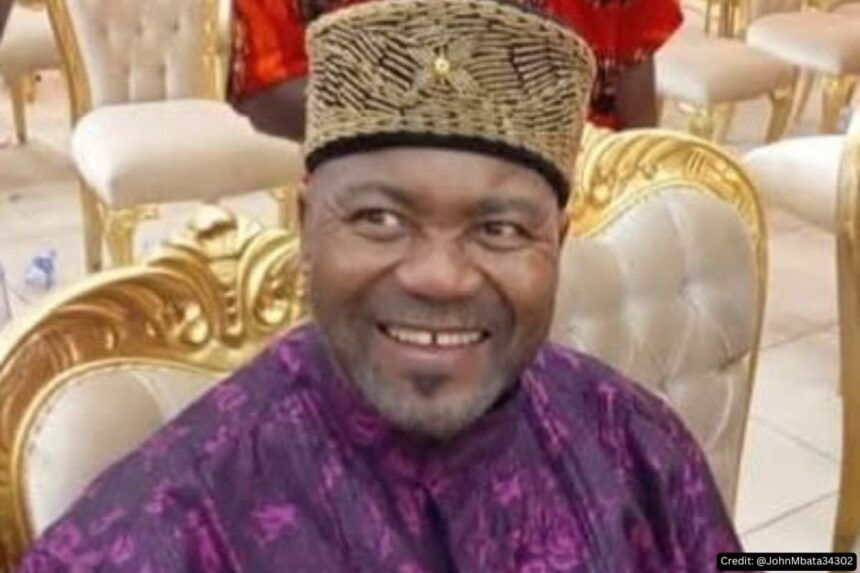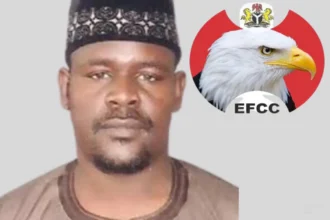The Ogbakor Ikwerre Cultural Organisation Worldwide, a prominent body in Rivers State, has distanced itself from Senator John Azuta-Mbata following his assumption of the role of President-General of Ohanaeze Ndi Igbo. The organisation accused the senator of bypassing consultations with his kinsmen, community, and the Apara Kingdom before accepting the position.
In a statement released on Friday in Port Harcourt and jointly signed by its President-General, Godspower Onuekwa, and Secretary-General, Nyebuchi Philip, the organisation described Azuta-Mbata’s action as a breach of Ikwerre cultural norms. The statement asserted that the senator’s decision to lead the socio-cultural body of the Igbo people was a unilateral one, lacking the endorsement of the Ikwerre community.
“Senator John Azuta-Mbata has exercised his constitutional right to associate with any organisation of his choice as provided under Section 40 of the 1999 Constitution of Nigeria,” the statement acknowledged. “However, this decision was made solely by him and does not represent the views, aspirations, or identity of the Eneka community, Apara Kingdom, or the broader Ikwerre Ethnic Nationality.”
The group went on to declare that by accepting a leadership role in Ohanaeze Ndi Igbo—an organisation exclusively dedicated to the Igbo people—Azuta-Mbata had effectively relinquished his Ikwerre identity. The organisation condemned the senator’s action as sacrilegious and a betrayal of his heritage.
“By aligning himself with Ohanaeze Ndi Igbo, Senator Azuta-Mbata has willingly renounced his membership and identity as an Ikwerre man (Iwhuruohna),” the group added.
Furthermore, the Ogbakor Ikwerre Organisation announced the revocation of all honours and titles previously awarded to Azuta-Mbata by any Ikwerre body. The group stated that he would now be regarded as a stranger within Ikwerre land.
They emphasised that the senator’s alignment with the Igbo socio-cultural organisation was his personal choice and did not reflect the collective will of the Ikwerre people. The statement concluded by reiterating that his actions were taken without the consent or support of his community or kingdom.


















